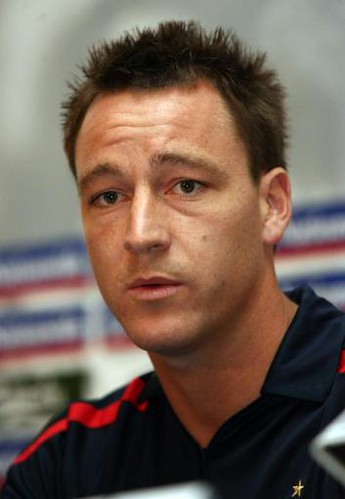 To wear contacts or to not wear contacts?
To wear contacts or to not wear contacts? It is an age-old question that glasses wearers, who have grown tired of their eyewear, have asked themselves for various reasons: the frames lack the comfort, a notable lack of improvement with their vision, or they take a look at the mirror and thought they were less attractive with the pair of glasses that they recently acquired. On the other hand, many would prefer the traditional option of wearing glasses just to avoid the discomforting feeling of putting a small object on a delicate eye, but the irritation and daunting feeling when you put on your first lens is only a fleeting sensation.
The decision to take up contact lenses straight away or as an alternative to wearing glasses is entirely dependant on personal preference and daily lifestyle. Convenient for a morning jog in the park or a night out partying with friends, wearing contact lenses would not just prove more advantageous for the active person, but for corrective purposes as well.
Contact Lenses: What and Why?
A contact lens is either a cosmetic, therapeutic, or corrective lens designed to be placed on the eye's cornea, and are versatile in their various uses. Some lenses are used to reduce UV damage to the eye's natural lens, others are used to sharpen and improve vision, and there are even tinted lenses set to alter one's natural eye appearance for the creative to compliment hair colour and stylish outfits. Available in different varieties suitable for daily, weekly, or extended wear, contact lenses are classified in many ways to fit one's prescription based on the eye specialist's advice and guidance.

Currently, there are an estimated 3 million people in the United Kingdom who have taken the option of wearing contact lenses or have decided to discard their glasses to opt for the more lightweight option due to its versatility and numerous advantages. Aside from being cosmetically superior to traditional spectacles, contact lenses provide the wearer with a natural and more wider field of vision, worn on the surface of the eye's cornea so there is nothing to obstruct one's peripheral viewing as glasses or frames may do. Resistant to damp weather from moisture and perspiration, contacts are the preferred choice of eyewear for the active sportsman or woman as the lenses allow oxygen to penetrate, allowing comfort throughout an exhausting gym workout or a distance marathon in hot weather, and are easy to handle and care.
Therapeutically, contact lenses provide a better solution for eye disorders and corrects conditions such as keratoconus, presbyopia, and irregular optical astigmatism; a major factor in the increasing number of lens wearers in the UK.
Picking the Right Contacts
Despite the ranges available, one has to take their eyes' needs into consideration when choosing according to brand, colour, and design. Consulting an ophthalmologist (an eye specialist) before purchasing a set of lenses is vital, as they will advise you on which contacts best suit your condition, comfort and budget.
There are a wealth of options available for selection. Popular brands such as Johnson & Johnson, CooperVision and CibaVision are the leading distributors of prescription contact lenses in the UK, with each manufacturer offering a range of daily to extended wear solutions to soothe and correct the vision of the eyes.
Purchasing lenses can also be as easy as online shopping as contacts are also available through the Internet. Much like that new dress you purchased on that fantastic clothing website, you can select each product that specifically tailors to your needs by outlining your eye size and prescription type that best meets your standards. Much less difficult than putting on a contact lens for the first time, but beneficial all the same.
For more information on contact lenses and availability, visit OneSpecs' contact lens page and take your pick.






